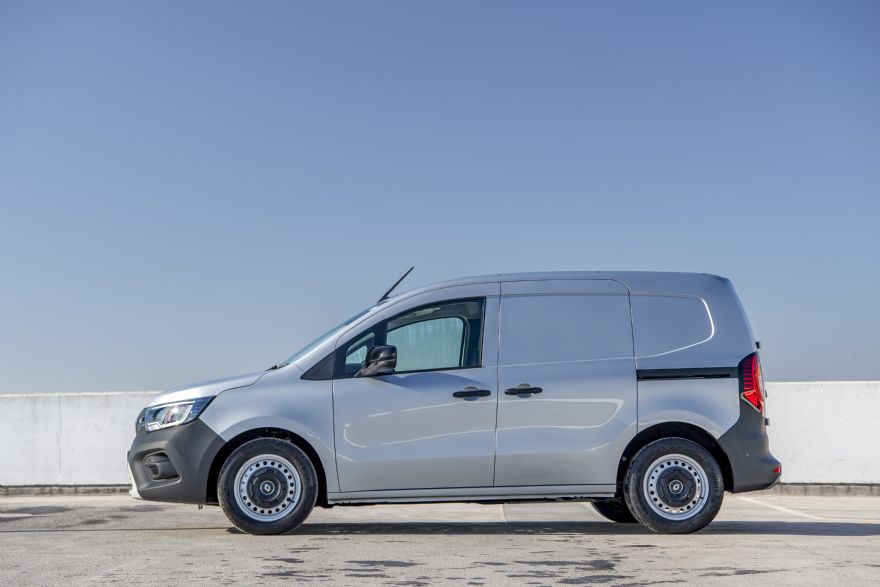
The UK’s light commercial vehicle (LCV) market continued its downward trajectory in August, with registrations falling by 13.3% year-on-year to 14,365 units, according to the latest data from the
Society of Motor Manufacturers and Traders (SMMT). This marks the eighth consecutive monthly decline in 2025, underscoring the persistent challenges facing the sector amid economic uncertainty and subdued business confidence.
August, traditionally the lowest-volume month ahead of the September plate change, saw 2,210 fewer vehicles registered than the same period last year and even trailed February’s figures by 111 units.
Every segment of the market experienced contraction. Large vans, which remain the backbone of the sector, dropped by 11.5% to 10,398 units, though they still accounted for over 72% of total registrations.
Medium-size vans fell by 14% to 2,383 units, while pickups suffered the steepest decline, plunging 25.8% to just 1,040 units. This sharp drop follows recent fiscal adjustments that reclassified double-cab pickups as passenger cars for benefit-in-kind and capital allowance purposes, dampening demand. Smaller segments also struggled, with small vans down 17.6% to 352 units and 4 x 4s falling 13.9% to 192 units.
Broader market downturnDespite the broader market downturn, battery electric vans (BEVs) offered a rare bright spot. Registrations more than doubled compared to August 2024, rising 109.5% to 1,902 units and capturing a record 13.0% market share for the month. Year-to-date, BEV uptake has surged by 59.9%, now representing 9.1% of the overall market. However, this remains well below the 16% zero-emission vehicle (ZEV) mandate target, highlighting the need for stronger incentives and infrastructure support to accelerate adoption.
Manufacturers have responded to the government’s decarbonisation goals with significant investment, offering more than 40 electric van models tailored to a wide range of operational needs. Yet, the transition to zero-emission fleets is hampered by infrastructure bottlenecks. While schemes like the Plug-in Van Grant and the Depot Charging Scheme provide some relief, many operators face long waits for depot grid connections—up to 15 years in some cases. Industry leaders are calling for planning prioritisation for depot electrification, akin to that granted to data centres and renewable energy projects, to ensure timely and efficient roll-out.
As the market enters September, typically its second-busiest month, the industry’s hopes rest on a rebound in operator confidence and fleet investment. SMMT chief executive Mike Hawes emphasised the importance of a thriving LCV market not only for economic recovery but also for achieving the UK’s road transport decarbonisation targets. With a vast array of electric models already available, the focus now shifts to enabling greater uptake through infrastructure readiness and sustained policy support.